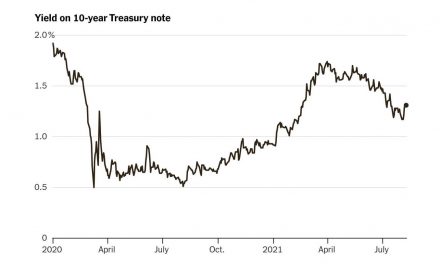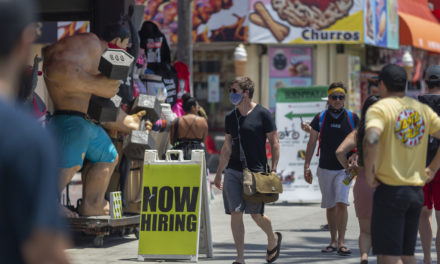A recent survey conducted by Allianz Life showed that last year’s volatile markets prompted many Americans to hold on to their money rather than risk it on investments of any sort. Indeed, the savings rate at the end of 2022 was pegged at 3.4%, its highest in seven months, possibly beating the month-over-month record set back in July 2021.
However, Allianz Life vice-president for consumer insights Kelly LaVigne advised those spooked by market volatility against this. LaVigne opined that retaining cash money in order to time the market will only lead to failure and missed opportunities, adding that, as the market improves, it’s possible to achieve gains in just a few days.
But LaVigne’s advice seems impractical in the face of the truth: Americans are balking from investments as they are not comfortable with the erratic behavior of the markets.
A Grim Sense of Unease
As of end-2022, only 19% of Americans are comfortable with the way the market currently is and are willing to look into investments – a sharp drop from the 26% confidence rating recorded in Q3-2022 and the 29% from the first quarter of last year.
Likewise, over 75% of Americans believe that market volatility will go on throughout this year. Should the markets remain volatile, around 65% are already planning to make adjustments to their personal retirement and investment plans, marking a considerable increase from 57% in late January of last year.
The possibility of an economic recession in the face of soaring inflation has also done little to improve confidence in investing.
What’s Worrying America Right Now?
At present, over 75% of Americans would rather focus on how they’re going to pay their bills in the face of rising utility costs instead of saving up for the future.
The Allianz Life report also noted that 55% of Americans have decreased their savings for retirement or have stopped saving for retirement because of seemingly uncontrollable inflation. The remaining 45% complained that their savings had decreased as they needed to dip into them in order to pay their bills.
The Possibility of Missed Opportunities
However, LeVigne reiterates that most Americans are likely to miss out on substantial gains when the markets become steady again, pointing out how many investors fled the market after the Great Recession, only to miss out on great opportunities when they reentered the market at a much later date.
Historically, a crisis now tends to mean great days ahead soon after. Since the ’80s, global markets have always recovered after major declines, often soaring to new heights.















